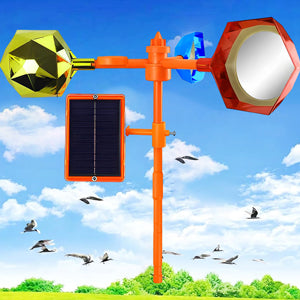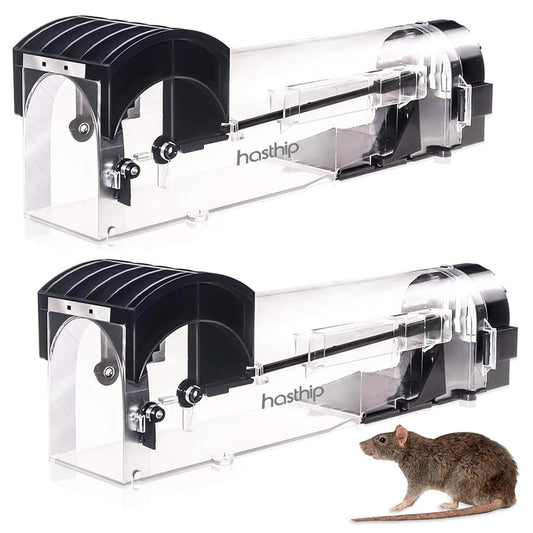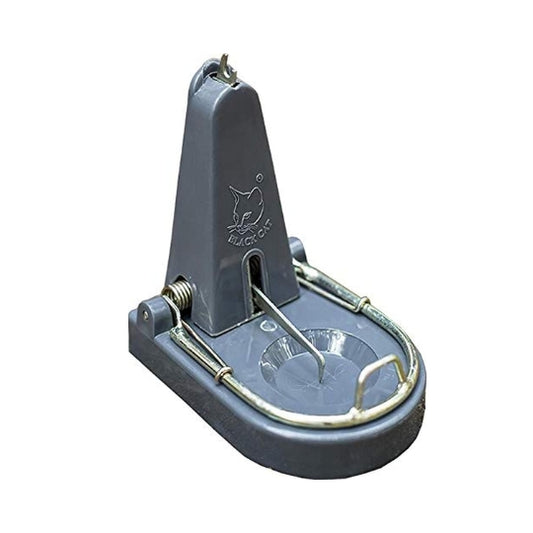Soaring High: How Drones Are Transforming Indian Agriculture
Share
Agriculture has been the backbone of human civilization, providing sustenance, clothing, and shelter for millennia. As our population grows, so does the demand for innovation in agriculture. In recent years, one groundbreaking innovation has taken center stage in Indian farming - drones. These unmanned aerial vehicles (UAVs) are revolutionizing the way farmers work, offering efficiency, precision, and sustainability like never before.
बहुत लंबे समय से, खेती अत्यधिक महत्वपूर्ण रही है क्योंकि इसने हमें बेहतर जीवन जीने के लिए सब कुछ दिया है। अब, बढ़ती और बढ़ती जनसंख्या के साथ, हमें खेती में नवाचार की आवश्यकता है। एक शानदार आगामी नवाचार कृषि ड्रोन है। ये मशीनें कृषि को तेज़, सटीक और पर्यावरण अनुकूल बना रही हैं।
Advantages of Drones in Agriculture: Drones offer an array of advantages over traditional farming methods, reshaping the agricultural landscape:
-
Efficient Crop Monitoring: Drones provide a bird's-eye view of fields, allowing farmers to monitor crop health, detect pests and diseases, and assess yields more efficiently. This valuable information empowers farmers to make data-driven decisions for crop management.
-
Precision Spraying: With drones, pesticides and herbicides can be applied with unparalleled precision. This not only reduces chemical usage but also promotes better environmental practices, benefiting both the land and the farmer's bottom line.
-
Streamlined Tasks: Drones automate time-consuming and repetitive tasks such as crop monitoring and spraying. This automation frees up farmers to focus on other critical aspects of their farming operations.
कृषिड्रोन क्या क्या फायदे देगा? यह फसलों की निगरानी करेगा जिससे कीटों, बीमारियों का पता जल्द लगेगा. सटीक छिड़काव करेगा, जलसिचाई से लेकर पशुपालन, उपज की मार्केटिंग से लेकर कटाई और डिलीवरी तक सभी कामो में सहायक होगा.
Current Applications of Drones in Agriculture:
-
Crop Health Monitoring: Drones are being utilized to monitor crop health, enabling early detection of issues and informed decision-making.
-
Precision Pesticide Application: Drones apply pesticides and herbicides with precision, reducing chemical usage and environmental impact.
-
Livestock Management: Drones assist in monitoring livestock health and location, leading to improved animal welfare and reduced losses.
-
Soil Analysis: Drones gather essential data on soil composition, moisture levels, and nutrient content, aiding farmers in optimizing soil fertility and crop yields.
-
Irrigation Management: Drones monitor irrigation systems, identifying water wastage areas. This data helps farmers enhance water efficiency and reduce costs.
कृषिड्रोन का वर्तमान: वर्तमान में कृषिड्रोन फसल के स्वास्थ्य की जांच कर सटीक प्रबंध कर रहे है. वे पशुधन की निगरानी, मिटटी की जांच और जलप्रबंधन में कार्यरत है.
The Future of Drones in Indian Agriculture:
-
Autonomous Farming: Imagine drones autonomously handling tasks like planting, weeding, and harvesting. This advancement would allow farmers to focus on strategic aspects like marketing and business planning.
-
Smart Farming: Drones will continue to collect vital data about crops, livestock, and soil, empowering farmers to make smarter decisions regarding crop and livestock management and irrigation.
-
Precision Agriculture: The future holds even more precise applications of pesticides, herbicides, and fertilizers, minimizing input usage and further improving environmental outcomes.
कृषिड्रोन का भविष्य: नजदीकी भविष्य में ड्रोन रोपण, निराई, कटाई, विपणन जैसे कामो में शिरकत करेगा. फसल, जानवर, मिटटी की जानकारिया इकट्ठा करते हुए बेहतर विकल्प चुनेगा. किटनाशक, उर्वरको की खपत करते हुए कृषि को पर्यावरण पूरक बनाएगा।
As we look to the future, drones hold immense promise for Indian agriculture. They have the potential to significantly enhance crop yields, reduce costs, and promote environmentally sustainable practices. As the adoption of drone technology continues to grow, it's clear that these aerial marvels are poised to play a pivotal role in India's agricultural evolution. Embracing this technology will not only ensure food security but also foster a more sustainable and profitable agricultural sector for the common Indian farmer.
इस प्रौद्योगिकी को अपनाने से न केवल खाद्य सुरक्षा सुनिश्चित होगी बल्कि आम भारतीय किसान को भी बढ़ावा मिलेगा।














